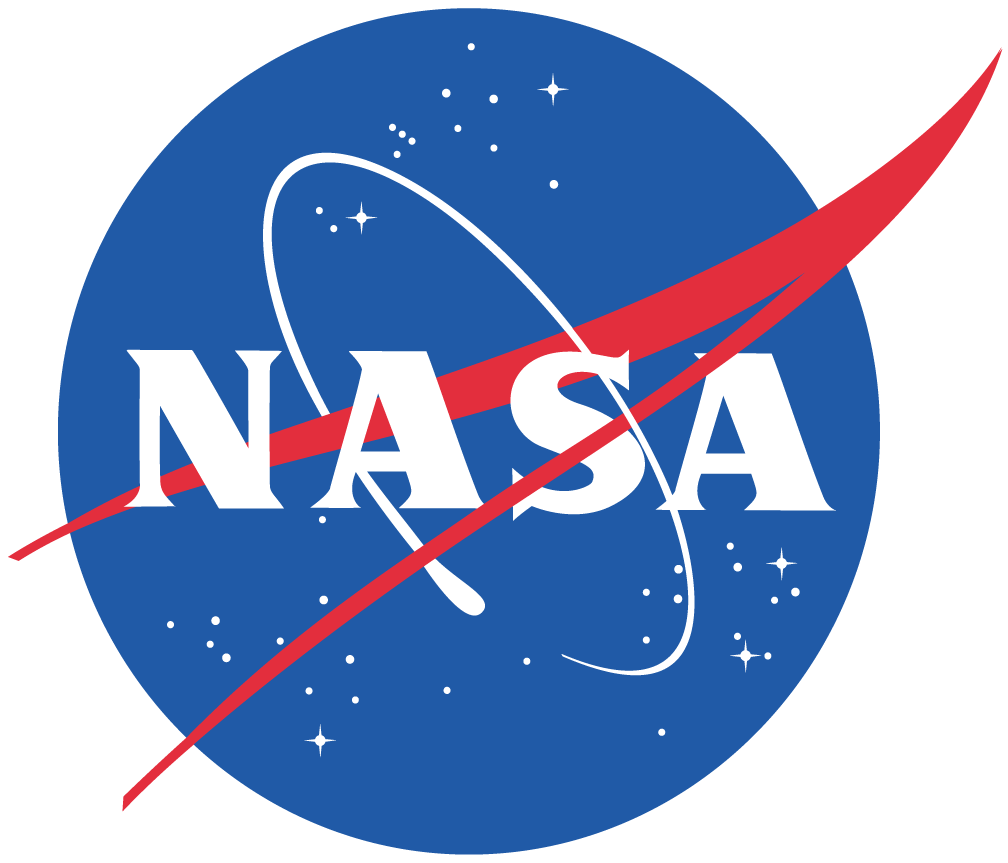
SPace,
the final frontier.
You can't travel into space, but you can definitely look at it.
Right from your back yard. Living in a major city adds some light pollution to observations, but during the crisp winter nights the sky is wonderous. Moyra and I both had exactly the same make and size of telecopes when we met!
Our main telecope is a computerized Mead 8 inch Schmidt Cassegrain.
I can use my iphone to locate a cellestial object of interest, and through WiFi instruct the telescope to automatically find it in the night sky.






 |  |
|---|---|
 |  |
 |  |
 |


Did you know????
I am currently involved with the NASA ORION program and was actively involved in the US Space Shuttle Program in the mid 1980's?
I was employed as a software instructor at the Johnson Space Center in Houston. I taught UNIX programming courses to many of the Space Shuttle Mission Control Center Flight Controllers.
I loved eating at the world famous PT's Cajun BBQ - right out the gates of Ellington Air Force Base in Clear Lake Texas. Often the NASA astronauts used to eat lunch there at the same time. I regret not taking a flight in the zero-G "Vomit Comet", as contractors were allowed to sign up. Wanted to do it, just never got around to it.
I was at JSC on the sad day when the Space Shuttle Challenger was lost during launch.
Rest in peace brave souls.






EXOPLANETS
One of my particular astronomical interests is the discovery of Exoplanets
- i.e. planets that are outside of our solar system. There are numerous obervatories and satellite observations being analyzed around the clock, and we have discovered more than 3,000 Exoplanets to date. Some of these are Earth like planets, and some of those are actually in a "habitable zone" for temperature that could support liquid water and theoretically also support life.
The technology of light sensing is improving rapidly, and it is only a matter of time before we are able to detect light reflected from the exoplanets themselves, and then we will be able to perform spectral analysis and see what type of atmosphere the planet has. In the not too distant future, I believe that we will detect an Oxygen atmosphere in an Earth like planet. Since the only way a planet can have free oxygen in it's atmosphere is through organic life, that should give us 100% positive proof that we are not alone in this vast universe. I think we may see this important discovery within our lifetimes.
Here is a video of a very cool smartphone app called EXOPLANET. This app allows you to virtually move through the Milky Way and see all the newly discovered Exoplanets to date. The database is very current - updated within a couple of days of officially logging a new planet discovery. I obviously can't see any exoplanets through my small telescope, but it is fun to locate and observe the parent star!


